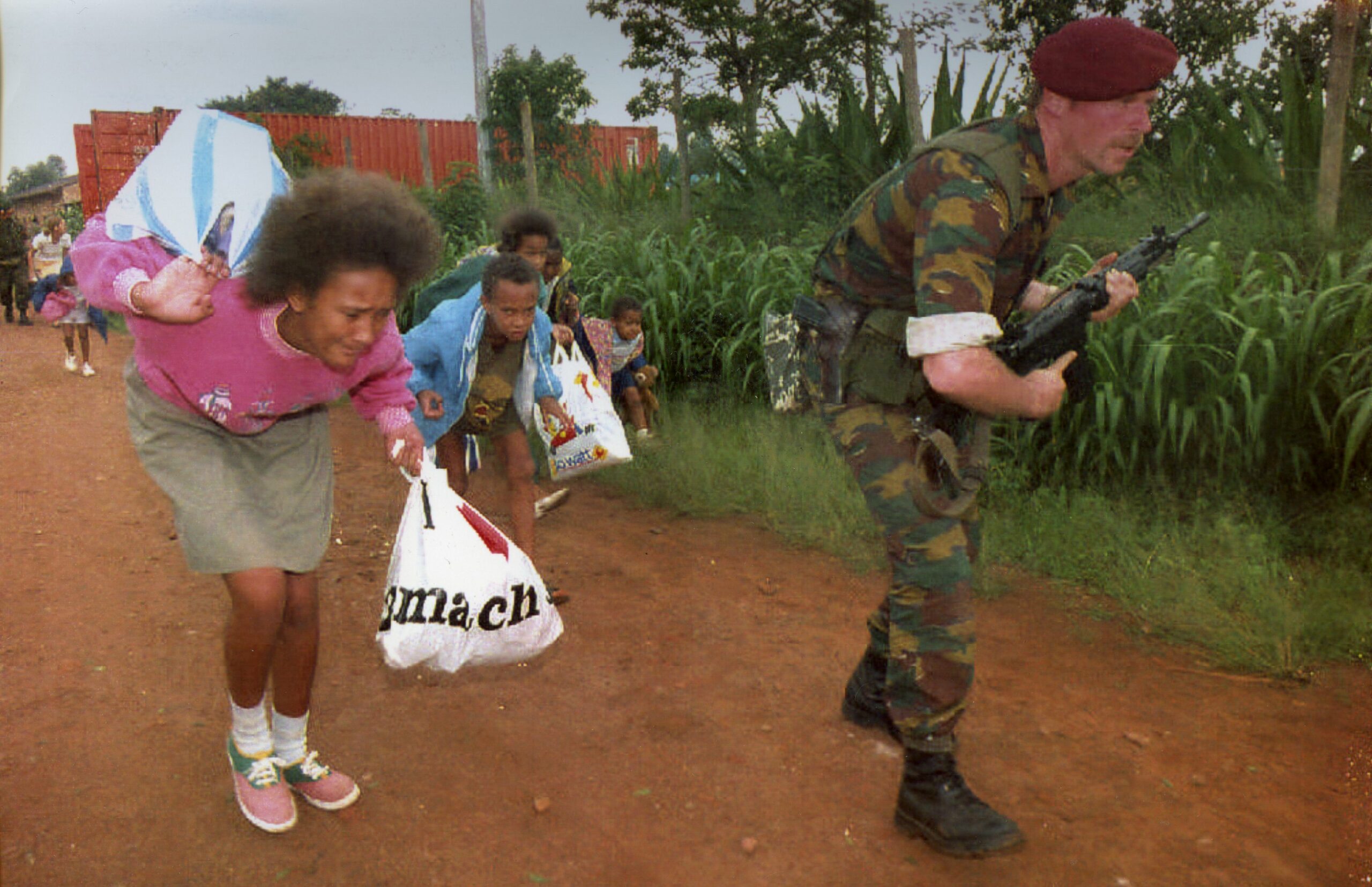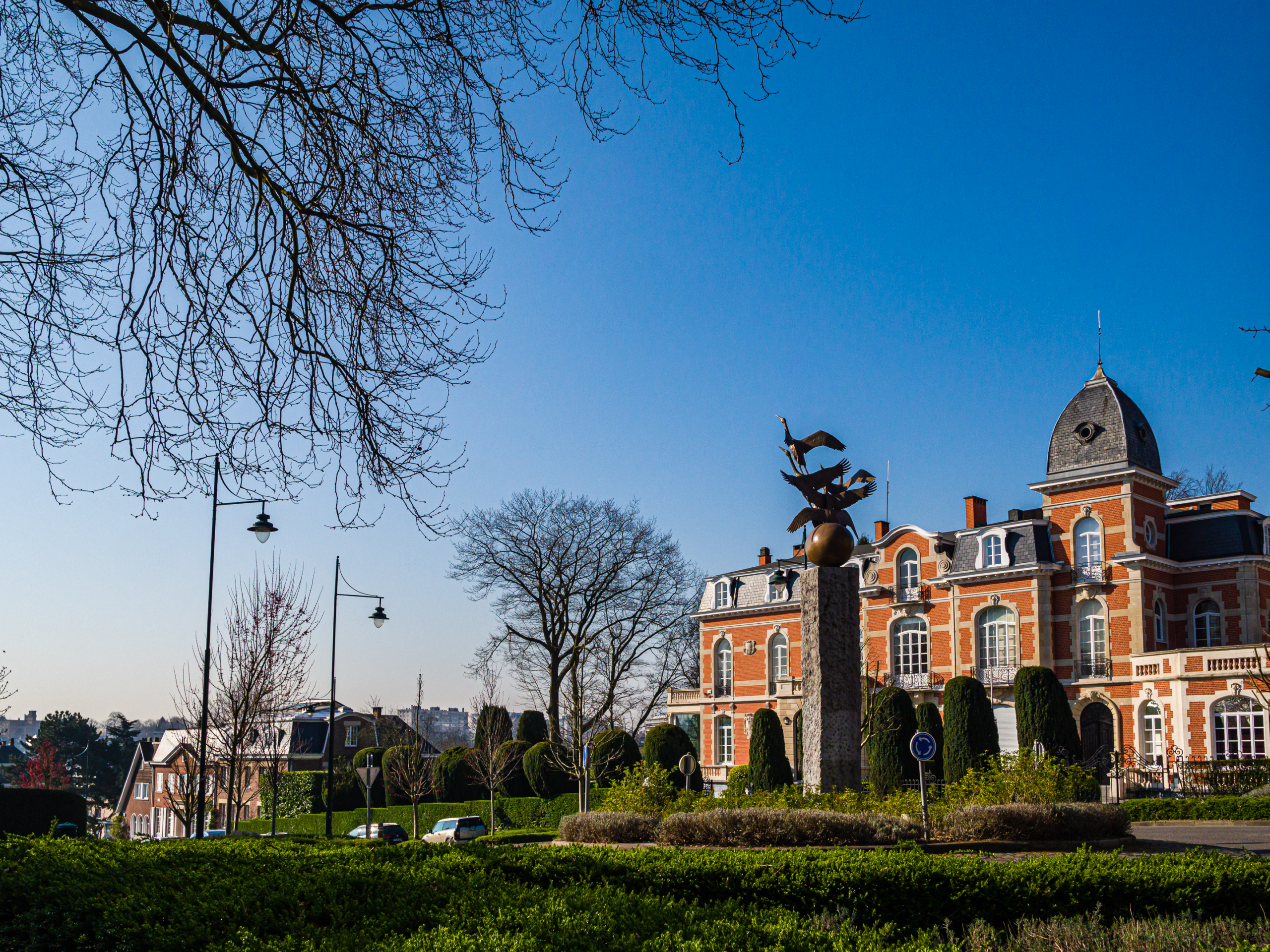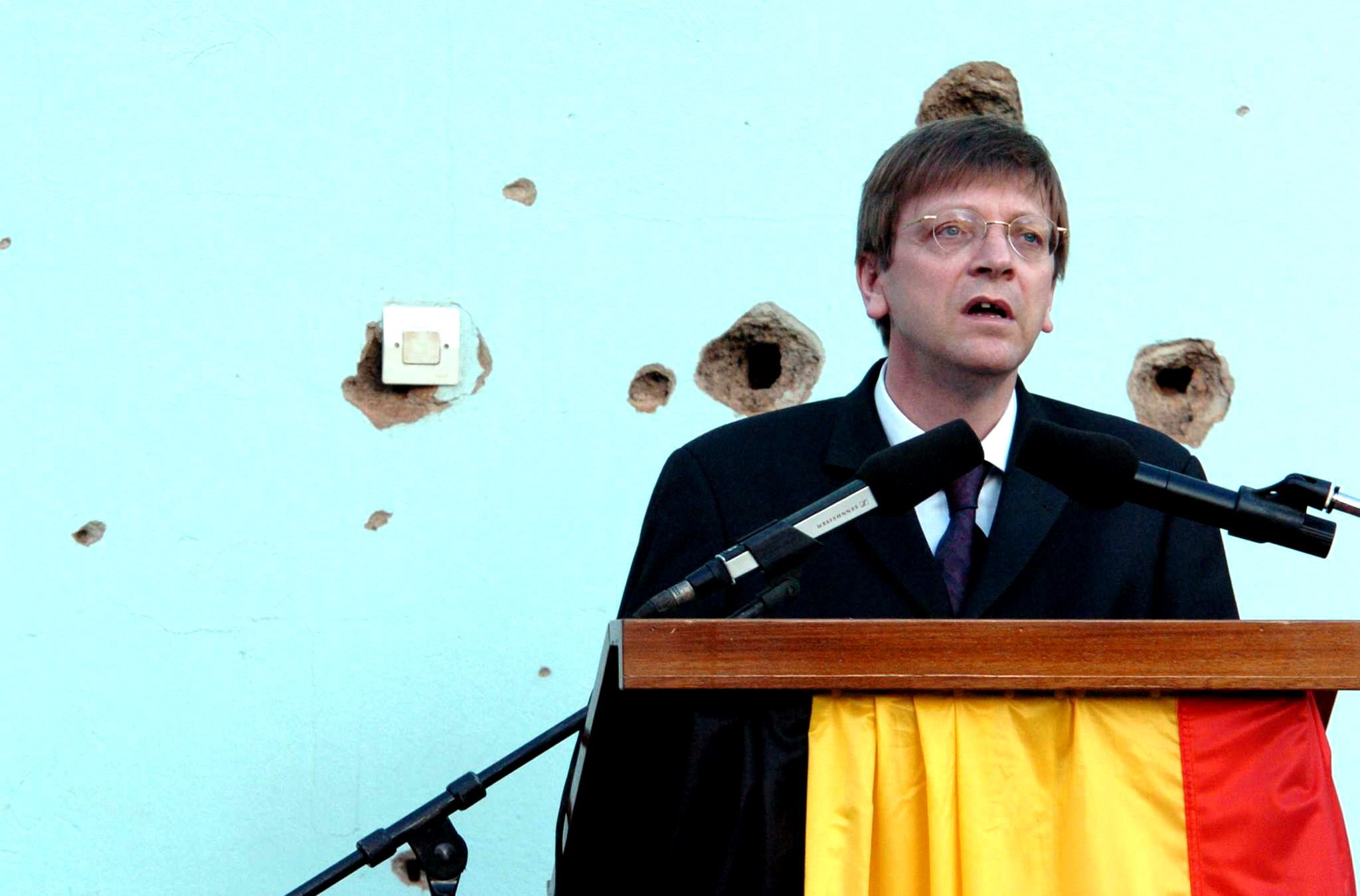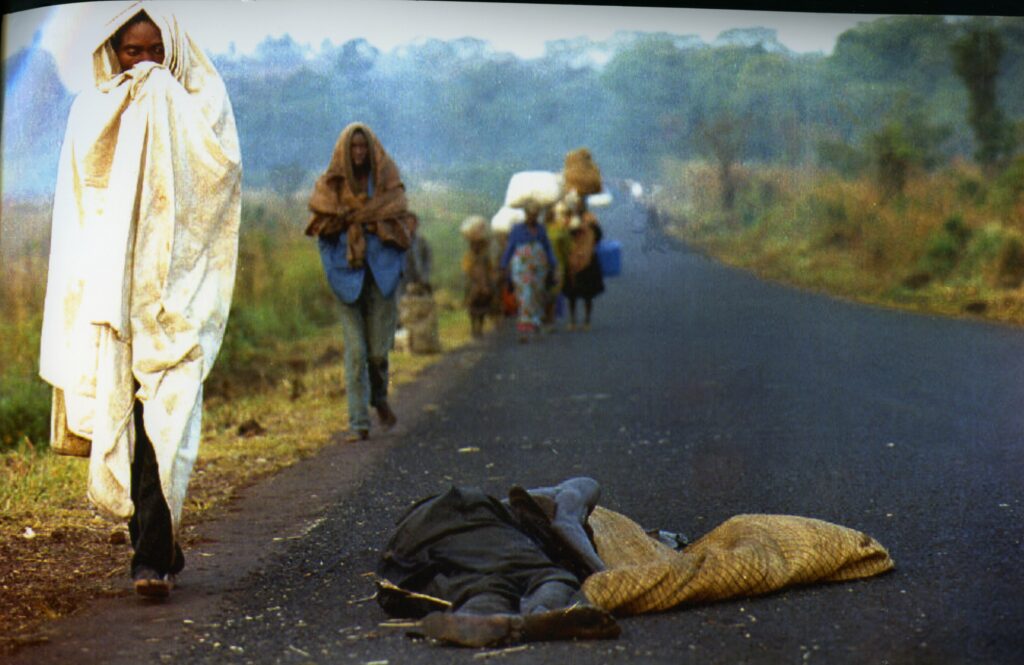This Sunday 7 April, Rwanda will commemorate the 1994 genocide perpetrated against the Tutsi ethnic group – with Belgium also planning to mark the 30th anniversary with several events.
Commemorations will take place in several cities, starting with Brussels on Sunday, and extending to other cities such as Liège, Antwerp, Charleroi, Mons, and Bruges (for the first time) and finish by Tournai on 1 June.
On 6 April 1994, nearly thirty years to the day, Rwandan President Juvénal Habyarimana and Burundian President Cyprien Ntaryamira were killed in a plane crash alongside other high officials of the two countries. The perpetrators have never been identified.
Nevertheless, the two main hypotheses attribute responsibility, depending on the case, either to the Rwandan Patriotic Front (RPF) - led by General Paul Kagame and dominated by the Tutsi minority in exile in Uganda, which occupied the north of Rwandan territory - or either to the supporters of "Hutu Power", made up of Hutu extremists opposed to any concessions to the Tutsis.
The day after the crash (7 April) marked the beginning of what would become 100 days of extreme violence.
Hutu extremists (including militias, the Hutu-controlled government and civilians) massacred over 800,000 people (some sources say over 1 million), most of them Tutsi. Some moderate Hutus and Twas, alleged to support them, were also killed by Hutu militias.

Belgian paratroopers evacuate under-fire Belgian residents from psychiatric hospital of Kigali 13 April 1994. Credit: Belga Archives
Belgium sent a battalion of around 400 paratroopers under the United Nations (UN) peacekeeping mission – which is unusual as the UN does not send peacekeepers from former colonies. 10 Belgian soldiers were among the first victims when the violence broke out.
On this occasion, The Brussels Times spoke to Ernest Sagaga, President of the NGO Ibuka ('remember' in Kinyarwanda). The association, founded in Belgium the month after the end of the genocide, aims to "preserve the memory of the victims of genocide, but also to fight for their justice", said Sagaga.
Memory to raise awareness
The NGO, also present in other countries (Switzerland, France, Netherlands, etc.), advocates for creating memorial sites such as commemorative steles to raise public awareness. Indeed, "not everyone is familiar with the history of the genocide," stated Sagaga. For him, those places are a way of educating people.
"Memory helps fight the tide of negationism, which denies or minimises crimes. Memory allows us to maintain this awakening. And it ensures that such things never happen again, in Rwanda or anywhere else," added Sagaga.
The commemorations, organised by the Rwandan Embassy in Belgium, will begin with a ceremony at the "Sous le même ciel" (Under the same sky) stone stele in Woluwe-Saint-Pierre, specifically created in 2004 by Tom Frantzen to commemorate the genocide. The artist explained that "at the beginning again, after the flood, we first saw the birds." In the afternoon, a remembrance march will start at 6.30 pm from the Place Royal to the Palace of Justice.

'Sous le même ciel' by Tom Frantzen, in Woluwe-Saint-Pierre. Credit: © visit.brussels/Jean-Paul Remy
To mark this 30th anniversary several high-level Belgian officials will attend the event and give speeches. Hadja Lahbib, Minister of Foreign Affairs, and Ludivine Dedonder, Minister of Defence, will be in Kigali this weekend to join the Rwandan government at the commemorations.
For Sagaga, former minister Guy Verhofstadt's speech in Kigali in 2000 apologising for Belgium's mistakes for what happened was a major step forward in the work of remembrance. In 2019, on the occasion of the 25th anniversary of the start of the genocide, it was the Prime Minister of the time, Charles Michel, who represented Belgium. He admitted "Belgium must accept some of the responsibility."
Sagaga believes "it is always a good thing to recall" and hopes "that the minister and the Belgian delegation will seize this opportunity to remind people of that."
After an evening of remembrance at the ULB from 9pm to 12am, there will be a commemorative vigil all night "to remember, to talk, and to be together," the ONG's president told the Brussels Times.
Establishing historical truth for justice
For Sagaga, Belgium's historic links with Rwanda enabled the important judicial work to be carried out by the courts. Indeed, besides Rwanda, "Belgium is at the forefront of countries that have judged genocide perpetrators," he said. Currently, 50 cases are still open in Belgium.

Former Belgian Prime Minister Guy Verhofstadt delivers a speech on 07 April 2004 in Kigali, Rwanda. Verhofstadt officially recognised the mistakes made by Belgium in failing to stop the genocide in a previous speech in 2000. Credit: Belga /
"Although there can be no punishment commensurate with the crime, I think there is reason to be satisfied. The courts have unequivocally established that there was genocide," explains Sagaga."That is fundamental because it establishes a historical truth and constitutes a large part of the justice work."
However, Sagaga told us that to this day "there has been no reparation to the victims, and that is a shame. It is a battle we are continuing to wage to raise the awareness of the international community because it has a share of responsibility."
He also noted that the opening of archives, as France did with a commission of historians in 2021 and as Human Rights Watch did this week, could prove useful in gaining a deeper understanding of "the warning signs that no one wanted to take into account. This could serve to clarify certain points that are not always clear".

